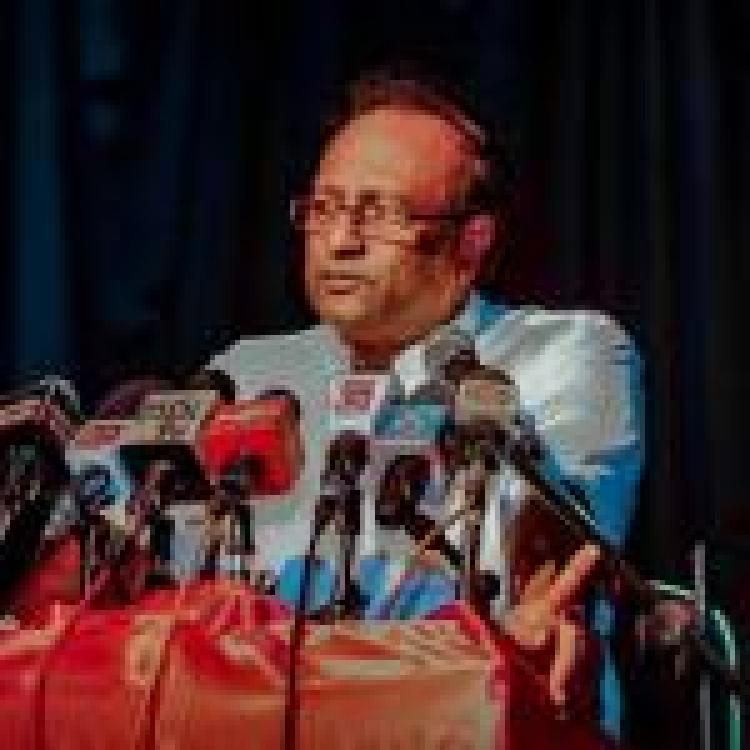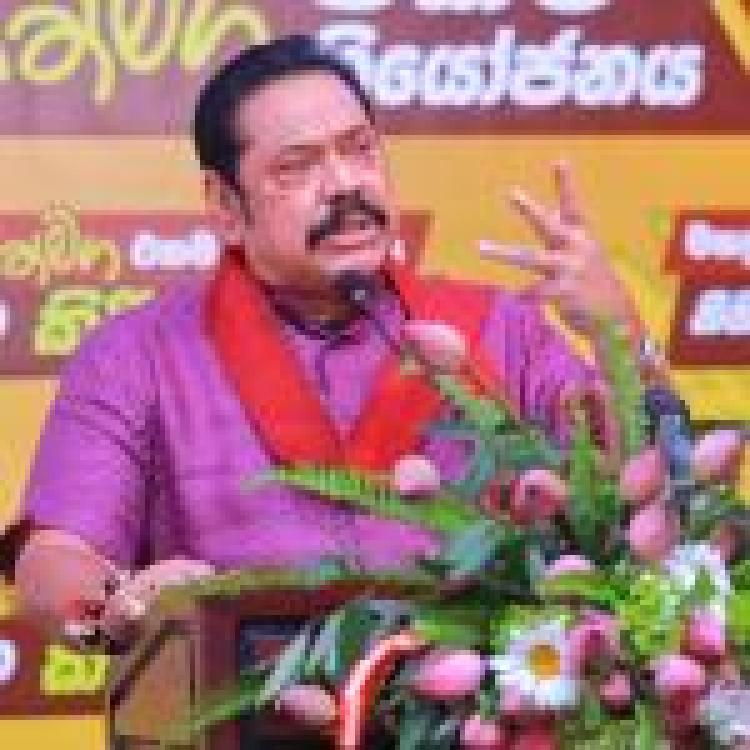![]()
Photo of Justice Minister Ali Sabry with President Gotabya Rajapaksa
Justice Minister Ali Sabry has reported that moves are underway to abolish the 19th Amendment of Sri Lanka’s constitution, which limits the power of the Presidency, and to bring in the 20th Amendment which will be debated in parliament by mid-September.
“We are taking steps to abolish any clauses in the 19th Amendment that are detrimental to the country and amend them accordingly,” Sabry reported.
Despite Sabry claiming that the intention was to produce an “effective constitution” “with the sole consent of all communities,’; there is considerable concern that power will be centralised into the Presidency.
The 19th Amendment
The 19th amendment was passed on 28 April 2015 with 215 out of 225 members voting in favour of the amendment. The amendment sought to weaken the power of the presidency which the 18th amendment, passed in September 2010, had greatly expanded.
The 18th amendment was a controversial bill that leads political commentators such as Gulbin Sultana from India’s Institute for Defence Studies and Analyses to decry the decision as a move towards “nepotism and dictatorship which will certainly have disastrous consequences”.
Sultana notes that the 18th amendment allowed four basic changes:
- The President can seek re-election any number of times;
- The ten-member Constitutional Council has been replaced with a five-member Parliamentary Council;
- Independent commissions are brought under the authority of the President; and,
- It enables the President to attend Parliament once in three months and entitles him to all the privileges, immunities, and powers of a Member of Parliament other than the entitlement to vote.
The 19th amendment counterbalanced many of these decisions and restored components of the 17th amendment. Most notably, the 19th amendment caps the presidency at two terms and disallows dissolution of Parliament by the President before four-and-a-half years of its term.
Sabry claimed that the tenure of the Presidency would remain subject to five years and that it would still be capped at two terms. He also claims that operations of the independent commissions would not be impeded whatsoever with this proposal.
Read more from the Daily Mirror.



